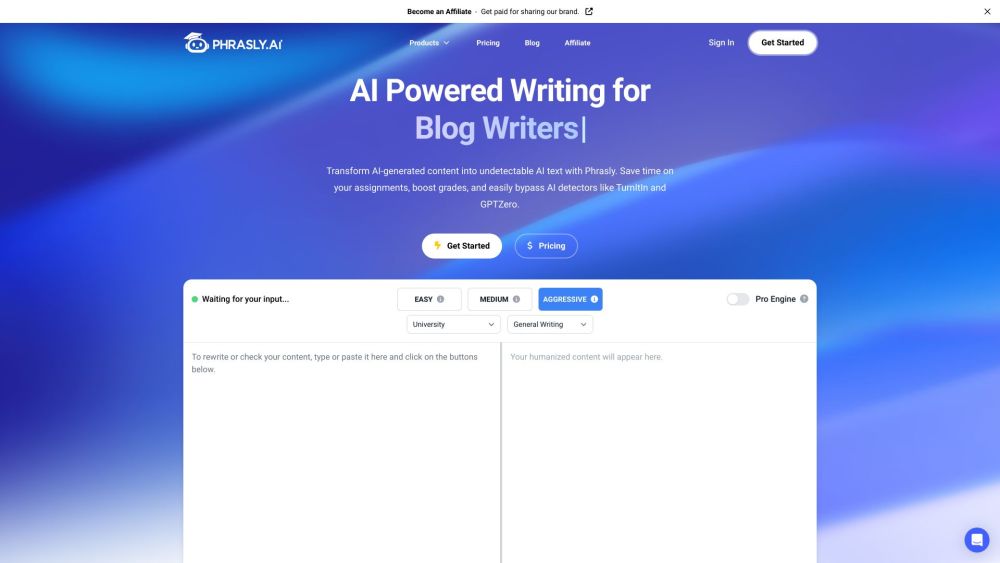DeepMind’s AI Advances in Breast Cancer Detection
DeepMind, a UK-based artificial intelligence company acquired by Google in 2014, is tackling the challenge of breast cancer detection. As the most prevalent cancer among women, breast cancer detection is often complicated by high rates of false positives—where mammograms indicate abnormalities even in the absence of cancer. This not only creates distress but can also lead to unnecessary medical treatments.
To address this, DeepMind has developed an AI model capable of identifying breast cancer in scans with significantly fewer false positives and false negatives compared to human experts. Trained using de-identified data from patients in the US and the UK, the AI demonstrated a 5.7% reduction in false positives and a 9.4% reduction in false negatives in the US. However, in the UK, results showed smaller improvements of 1.2% and 2.7%, respectively, indicating that the US detection system may currently have lower accuracy levels than its UK counterpart.
Unlike human experts, who consider patient histories and previous mammograms, the AI relied solely on the most recent mammogram for each patient. Despite this limitation, it achieved greater accuracy in screening decisions and was able to generalize its findings across different populations, such as women in the US and the UK.
The developers of this AI stress that their research is in its early stages, emphasizing the need for further studies and collaboration with healthcare providers before the technology is ready for broad adoption.
Historically, DeepMind has been involved in various medical applications, from detecting eye diseases to predicting kidney issues. However, its operations have raised significant privacy concerns. In 2017, it was revealed that the UK's National Health Service (NHS) had shared data with DeepMind on an "inappropriate legal basis," leading to DeepMind receiving 1.6 million patient records without explicit patient consent. This violation prompted a ruling from the UK data watchdog, which led the NHS to continue its partnership with DeepMind but with a commitment to future data anonymization.
In 2018, as DeepMind became part of the Google Health initiative, privacy concerns intensified when Google dissolved the oversight review board previously established to monitor the company's relationship with the NHS. While the potential benefits of medical AI like DeepMind are significant, the ongoing issues surrounding patient data privacy and accountability raise serious concerns about its future use in healthcare.




